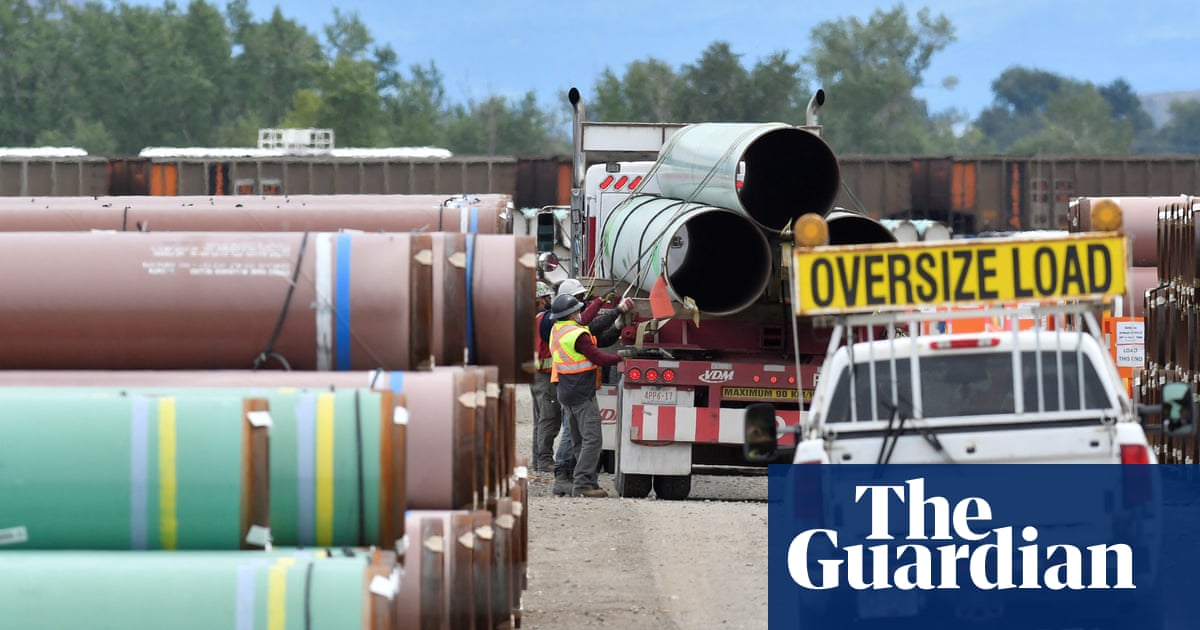
Oil and gas companies have stated their intention to increase drilling by 8% in Canada in the upcoming year. This is in response to the availability of new shipping methods, such as a government-owned pipeline that has sparked some controversy.
The Canadian Association of Energy Contractors (CAOEC) has predicted an increase of 500 wells next year, bringing the total number of projects to 6,229. This comes amidst concerns that Canada is not on track to meet its emissions reduction goals.
The news comes as Canada, the world’s fourth-largest oil producer, weighs a possible emissions cap on the country’s oil and gas sector. The environment minister, Steven Guilbeault, has said his government hopes to draft a proposal before the Cop28 climate conference, which begins in Dubai next week. The fossil fuel industry argues the proposed caps are too restrictive.
Despite Canada’s ambitious goals to combat climate change, it is projected that the country will not meet its target of reducing carbon emissions by at least 40% below 2005 levels by 2030. This is partly due to the ongoing emissions from the oil and gas industry. According to a recent audit, the only notable decrease in emissions occurred during the 2008 financial crisis and the Covid-19 pandemic.
According to Jerry DeMarco, the commissioner of environment and sustainable development, Canada is the sole G7 nation that has not made any progress in reducing emissions since 1990.
According to CAOEC, a key factor driving the development of new drilling projects is the upcoming launch of additional pipelines, including the postponed Trans Mountain expansion.
In 2018, the Canadian government purchased the troubled TransMountain initiative from Kinder Morgan for C$4.5bn (US$3.3bn). The prime minister justified this decision by stating that Canada needed to address a bottleneck in transporting crude oil, which causes Canadian oil producers to lose billions of dollars in export revenue each year. The prime minister also promised to use profits from the pipeline to fund environmentally friendly energy ventures.
In the years that have passed, the Canadian government has invested over C$35 billion into the project. However, it has turned into a costly and delayed infrastructure failure.
Conor Curtis from the Sierra Club Canada Foundation stated that there is no opportunity to increase oil and gas extraction while also meeting climate goals. He suggested that if the resources and attention currently focused on the Trans Mountain project were shifted towards renewable energy, Canadians would benefit greatly.
The majority of Canadians, regardless of their stance on expanding the oil and gas industry, are in favor of stricter regulations on emissions from this sector to align with Canada’s national emissions reduction goals.
Source: theguardian.com


